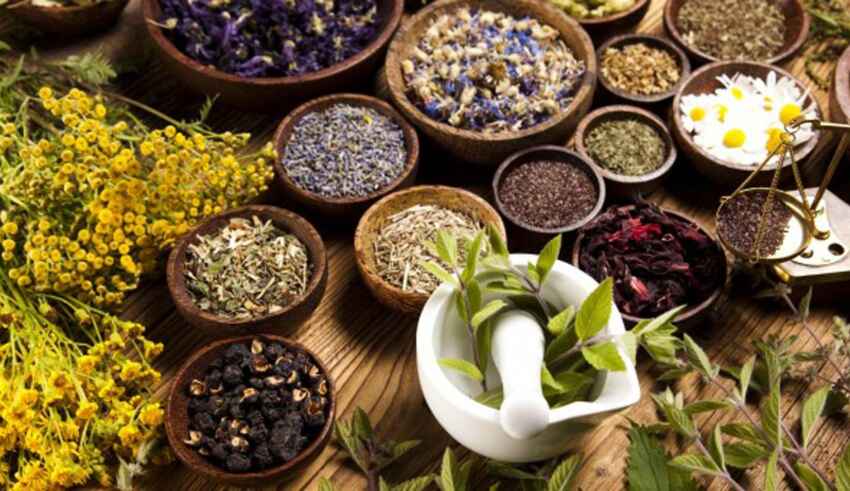
ISLAMABAD, Dec. 02, (INP-WealthPK)—Pakistan and Indonesia need to take full advantage of the global trade in Traditional Herbal Medicine (THM) whose market will reach USD 190.4 billion by the year 2027.
The statement was made by the Indonesian Ambassador to Pakistan, Adam M Tugio while speaking at the seminar titled “Herbal and Traditional Medicines: A sustainable Alternative for the Greener Future,” organized jointly by the Embassy of the Republic of Indonesia in Pakistan and COMSTECH of the OIC.
He said that since Indonesia and Pakistan were Muslim-majority countries with traditional ways of life, they can explore the international trade in herbal medicine and various spices which had a lot of potential for both countries.
He added that Indonesia is the world’s largest market for fourteen different spices of which Pakistan imported only three, namely, Black Pepper, Cloves and Maize. He said that Pakistan can import other spices as well and work on them for value-addition to capture more of the international market.
Tugio further said that the global market for halal meat was more than USD 3.7 trillion. He said it will grow to more than USD 4.7 trillion by 2024, thus necessitating actions on part of governments and the business community to invest in and develop this trade.
He continued, “Indonesia’s total exports in herbal medicine is USD 3.5 million, whereas Pakistan exports only USD 4.1 million worth of it. This is very low export volume since both countries have the capacity to grow these exports into billions of dollars.”
He highlighted the importance of international forums like the OIC and ECO in the development of this trade and stressed the need to adopt Global Indication Law (GIL) in order to develop this industry on a competitive basis.
He called for scientific collaboration between the two countries to develop traditional and non-traditional medicine, adding that in the Middle East 2600 herbal plant species if properly exploited in a sustainable manner can lead to unprecedented dividends.
Speaking about sustainability, he said, it is important to view these industries as necessary for the development of a green economy and environmental protection.
He highlighted the importance of industry-academia collaboration to make full use of the potential of herbal medicine for economic and social benefit.
He said that value-addition and innovation in this sector should be protected through the enactment of “Intellectual Property Rights” legislation.
He said that a change in behaviours is needed to solve the problems created by unrestrained market capitalism, adding that 80% of developing world’s population is dependent upon herbal medicine for their ailments.
“We want the people to follow the precepts of Back to Nature, Go Organic, Go Green and Grow Your Own. In this way, we can slowly move towards sustainability and organic solutions, especially after the COVID-19 episode which made people increase their use of herbal medicine,” he said.
The ambassador said that in the same way that Greek herbals are used in Pakistan, use of Pak-Indonesian herbals in Arab, European and Asian countries also needs to be revived.
He called for a comprehensive strategy to be devised to fully exploit the market for herbal medicines and said that these medicines can also cure many of our intractable diseases which are not killed by allopathic medicine.


































































































